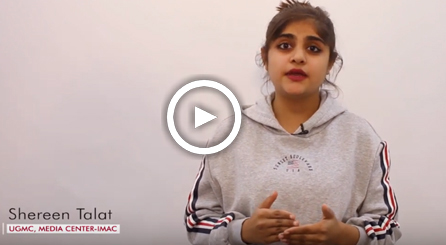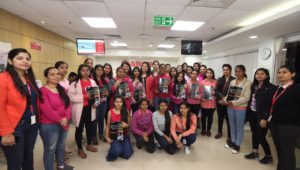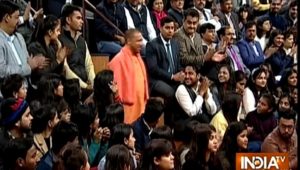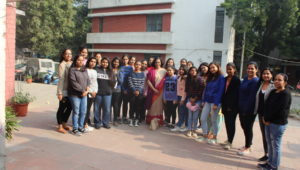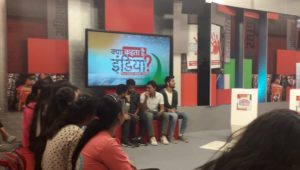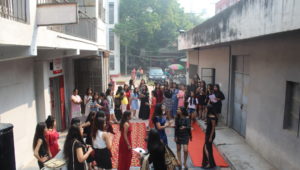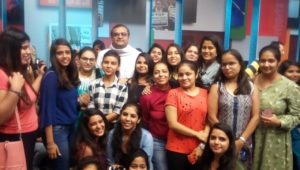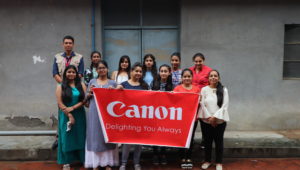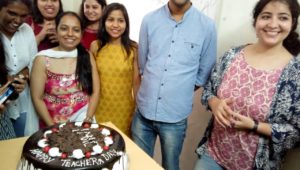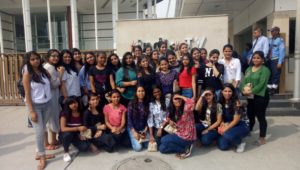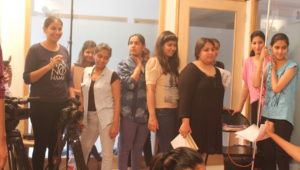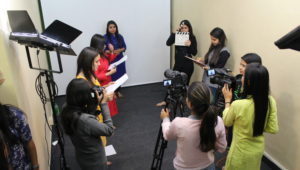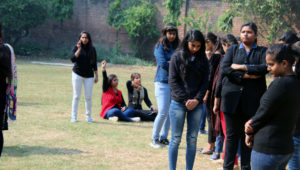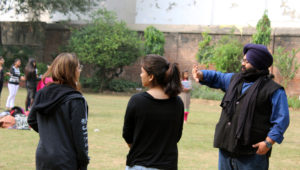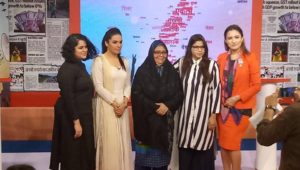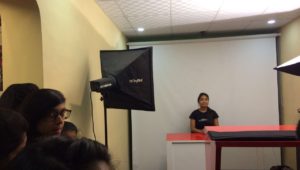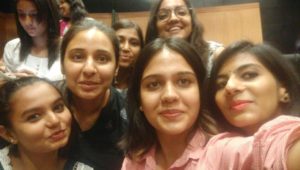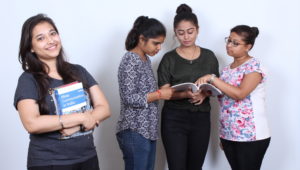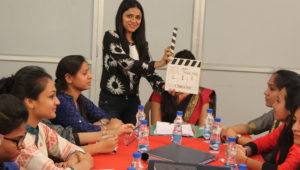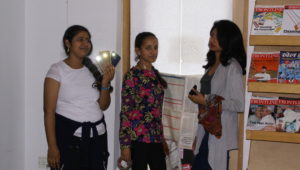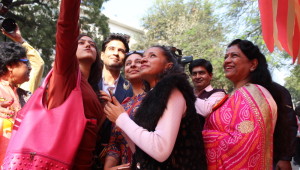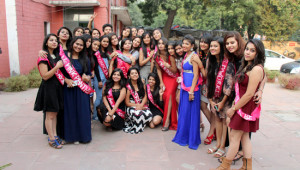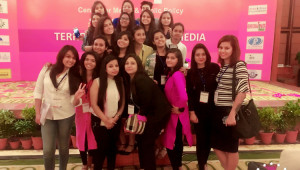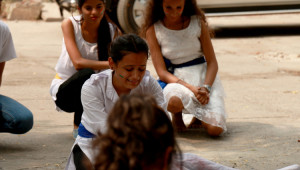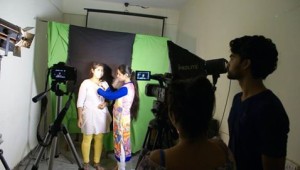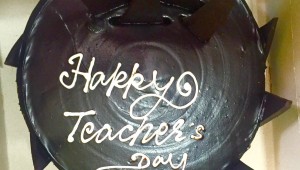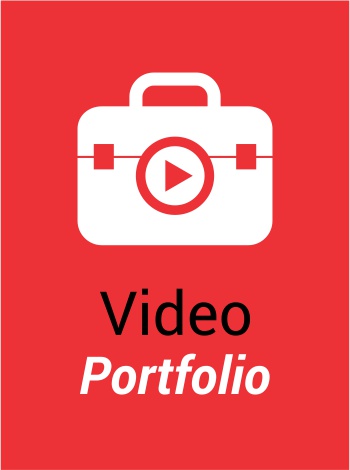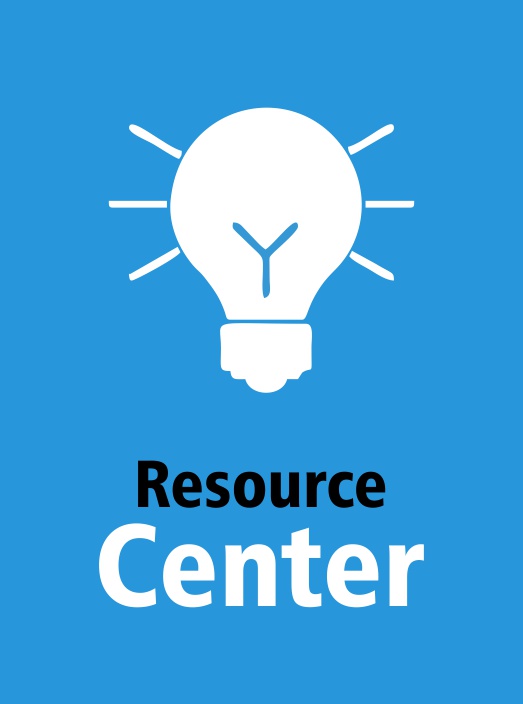Written Interview: The written interview, where an interviewee writes answers to a series of questions sent to him. For one thing, a ‘follow up’ question can never be asked, and it may so happen that a written answer almost demands further Questions in order to elucidate a point. In addition, it lacks the personal touch that is so essential. Avoid it as much as you can.
Telephonic Interview: It has been found a useful way of getting the views of local people when you are very near press time, which perhaps accounts for the extension in its use. Before ringing up people, try to put yourself in their position: if you were contacted by the ringing of a bell and asked for your views, would you have able to give them on the spur of the moment? Even if you could, would you be prepared to do so, knowing that whatever you said would be made public all over the map? Would you not prefer to have a few minutes in which to give a little thought to the matter?
Specialized Interviews: in the case of important individual interviews only a senior reporter is generally given the assignment well in advance. Senior reporter spends a few days in studying the career of the great personality to be interviewed and frames the questions accordingly. If the interview is to deal with a specific subject and is not intended to be a general survey of the world or of the locality in which the newspaper is published, the reporter must make certain that she/he has at least basic ideas of the matters which he/she wishes to talk about. It is no good being ushered into the great man’s presence and then writing for something to turn up.
At times, reporter is asked by the personality to submit the receipt of the interview report and if time permits, he should comply with the request and make the stipulation that when it is returned the words ‘O.K.’ should appear on every sheet. There can then be no post-mortem either on the interview or the reporter. But it must be made clear that the general sense of the interview must not be altered and that in agreeing to the request for a script, the desire is that the interview should be rounded off and that occasional words should be altered if they do not entirely convey the intended meaning.
Press Conference Interviews: There are frequent Press Conferences at which ministers or leading figures of the world of ‘industry’ science, entertainment, or sport wish to inform the newspapers of latest developments. In such cases, the editor of the newspaper gives instructions to the 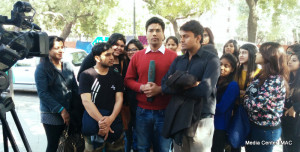 Public Relations Officer to get the journalists together and hear the pronouncements if any. It is generally left for the PRO or the news editor to decide whether he will make it a ‘free for all’ conference or a gathering limited for specialists or experts because he realizes that knowledgeable and sensible questions will be put to him. There are sometimes Press Conferences and interviews ‘which are simply a waste of time, where the information could have been issued by the Public Relations Officer of the Ministry concerned in the form of a ‘handout’.
Public Relations Officer to get the journalists together and hear the pronouncements if any. It is generally left for the PRO or the news editor to decide whether he will make it a ‘free for all’ conference or a gathering limited for specialists or experts because he realizes that knowledgeable and sensible questions will be put to him. There are sometimes Press Conferences and interviews ‘which are simply a waste of time, where the information could have been issued by the Public Relations Officer of the Ministry concerned in the form of a ‘handout’.
Interviews of Eminent People: This type of interview is prevalent in a democratic country like India or the United States with the President or the Prime Minister or a foreign head of states visiting the country. The procedure is to submit written questions in advance to the PRO of the authority concerned, and when the dignitary replies to them, it would have clear indication whether they could be quoted for the information imparted or whether they are not to be quoted as the source of the news, or whether they are speaking entirely off the record. If this 18 eminent personality has a particularly important statement to make, they will generally issue copies of it at the close of the conference.
[This article is published by Media Center-IMAC in interest of student awareness and career guidance. Media Center-IMAC specializes in Post-Graduate/Under-Graduate diploma courses in Media Studies and Mass Communication & TV journalism. With practical oriented and industry specific course, Media Center- IMAC is a prominent institution in Delhi.
Our alumni have proven themselves in the media world and are currently working at prestigious media organizations and top news channels. Besides full time diploma courses, Media Center-IMAC also offers specialized certificate courses in TV reporting, Digital marketing, video editing, radio jockeying, photography and many more.
For more info, visit: http://www.mediacenterimac.com/
Or email at: mediacenterimac@gmail.com
Or call at: 011 43489010, 8076807939.]








